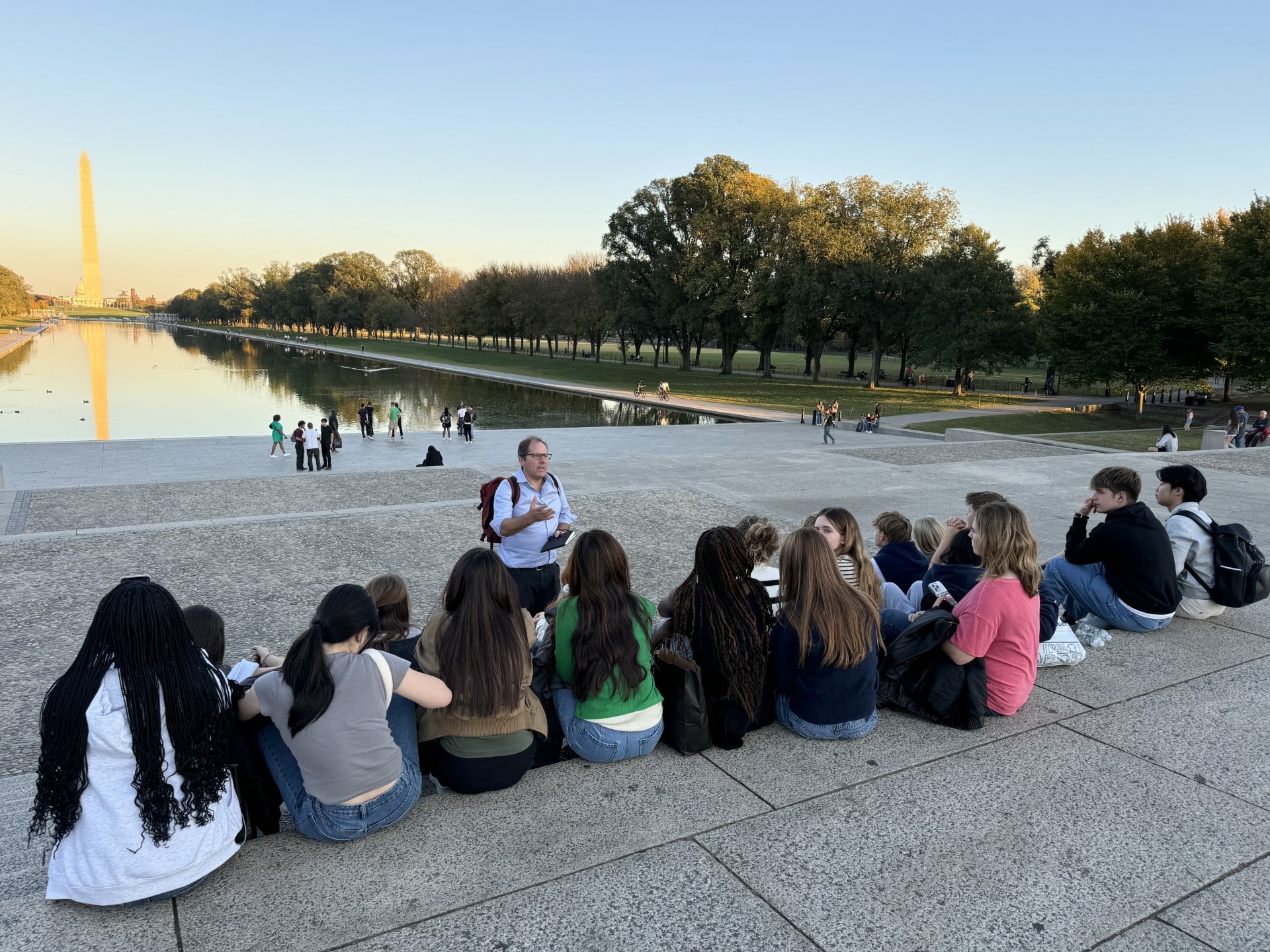
Run in partnership with Royal Society of Chemistry Thames Valley Local Section and University of Leicester.
How Chemistry is Helping Our World
This chemistry competition is looking to engage enthusiastic young chemists of the United Kingdom to begin thinking about ways in which chemistry plays a vital role in fighting globally occurring scientific issues. These issues are more prevalent than ever as time goes on due to the stress that an increasing population is placing on our world.
Entering an essay into this competition can build knowledge and gives pupils the chance to have their work appraised by experts. The competition will be judged by a committee of chemists from Wellington College and University of Leicester including Dr Richard Blackburn*.
The top submission will have the opportunity to undergo work experience in a lab at Leicester University. Second place and third place will receive a periodic table with the real elements and The Beauty of Chemistry by Philip Ball.
Deadline for submissions for the competition is Monday 3 January 2022 at 11.59pm.
The Questions
1. How has chemistry helped the way in which we have combatted the Covid-19 pandemic?
Chemistry is said to be the fundamental link between all aspects of life and is frequently termed the “central science”. The current Covid-19 pandemic is an infectious viral disease that has manifested as a heterogeneous and multiplex picture. The highly contagious nature of the infectious disease and its rapid spread world-wide has led to the adoption of restrictive containment measures. Chemists, understanding their increased responsibility in this unprecedented crisis, have been pushing their limits to meet the exponential rise in their demands. Evaluate this statement and write a 2000-word essay.
2. What is chemistry’s most significant role in fighting climate change?
Global climate change is currently one of our biggest issues. Climate change has already had observable effects on the environment, with glaciers shrinking, extreme weather fluctuations and the accelerated sea level rising. The effects that scientists once predicted are now occurring. With high confidence that the world’s temperature will continue to rise due to the great abundance of greenhouse gases produced by human activities, how are chemists contributing to the solution? Write a 2000-word essay.
How to enter
Please submit an essay (maximum 2000 words) by Monday 3 January 2022 via email: chemistrycompetition@wellingtoncollege.org.uk
Competition terms and conditions:
• Some things which you may want to include within your essay are a specific area of chemistry in which you are interested and believe helps contribute strongly to the answer to the questions, any scientific papers/journals you have read, and potential consequences of scientific research related to the question of choice.
• Only two essays per school/college.
• Students must be between the ages of 15 and 17 (Years 11 & 12).
• Students will choose one of the two questions/statements and will submit a written essay.
• Essay: Maximum 2000 words.
• Essays will be considered by a committee of chemists from University of Leicester, Royal Society of Chemistry Thames Valley Local Section and the essay competition composers.
• The top submission will have the opportunity to undergo work-experience in a lab at Leicester University.
• Second place and third place will receive a periodic table with the real elements and The Beauty of Chemistry by Philip Ball.
• Essays must be original and should not have been published elsewhere previously.
• References should be included as necessary and are not included in the word-count.
• Essays must be individual – cannot be written by more than one person.
If you have any questions regarding the competition please email chemistrycompetition@wellingtoncollege.org.uk
*Dr Richard Blackburn is an Associate Professor and Director of Education at the School of Chemistry, University of Leicester, UK. Prior to that he was a Teaching Fellow at the University of Bath, the institute at which he received both his undergraduate masters and PhD in Chemistry. As a teaching-focussed academic from an organic synthesis background, Richard teaches organic and medicinal chemistry topics to both undergraduates and postgraduates. In addition to teaching, his pedagogic research interests lie in developing novel methodologies for teaching chemistry, reducing cognitive load for students in practical modules and enhancing student employability and satisfaction with course. He is a Senior Fellow of Higher Education Academy, a University of Leicester Distinguished Teaching Fellow and Chair of the School’s Education Committee.











